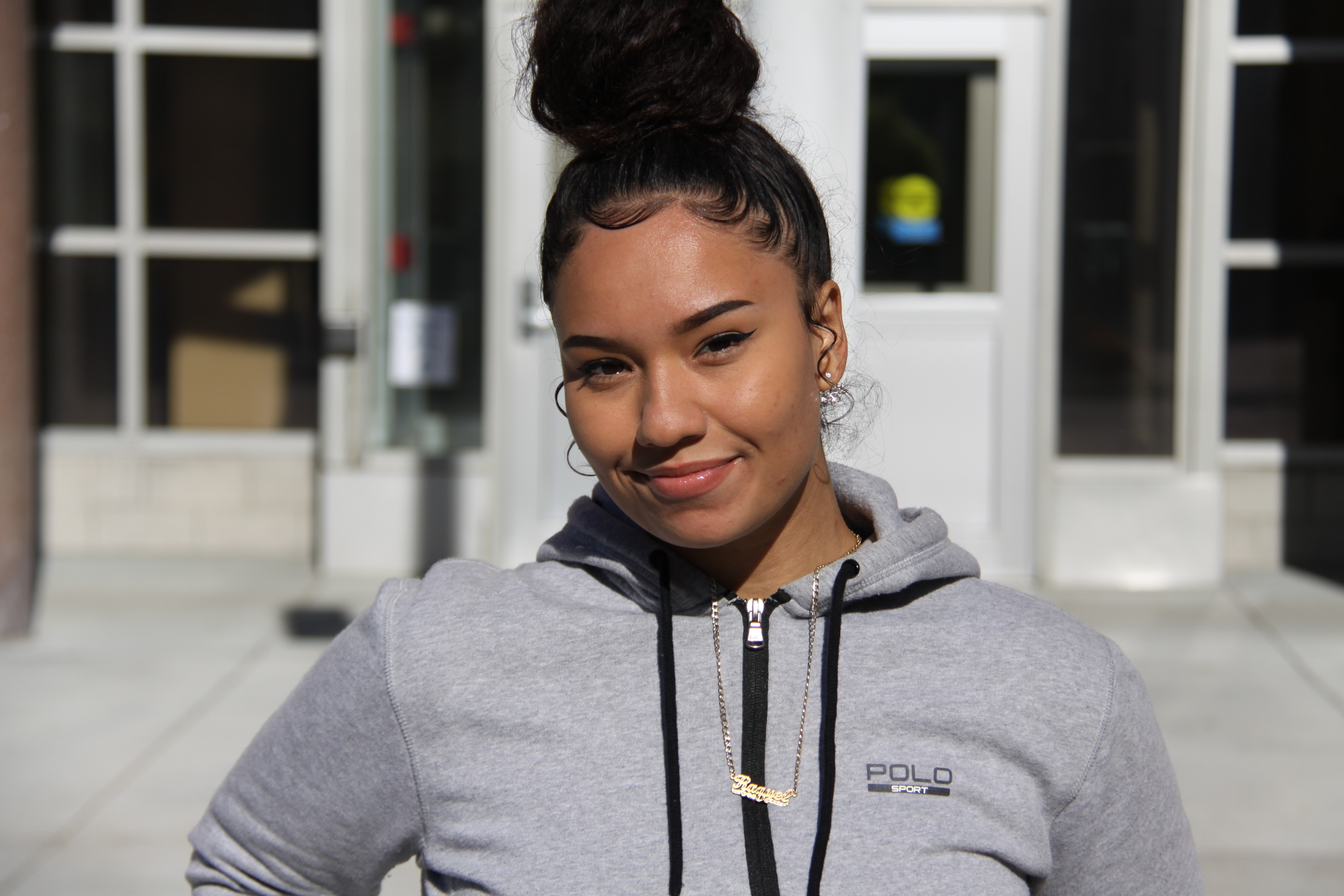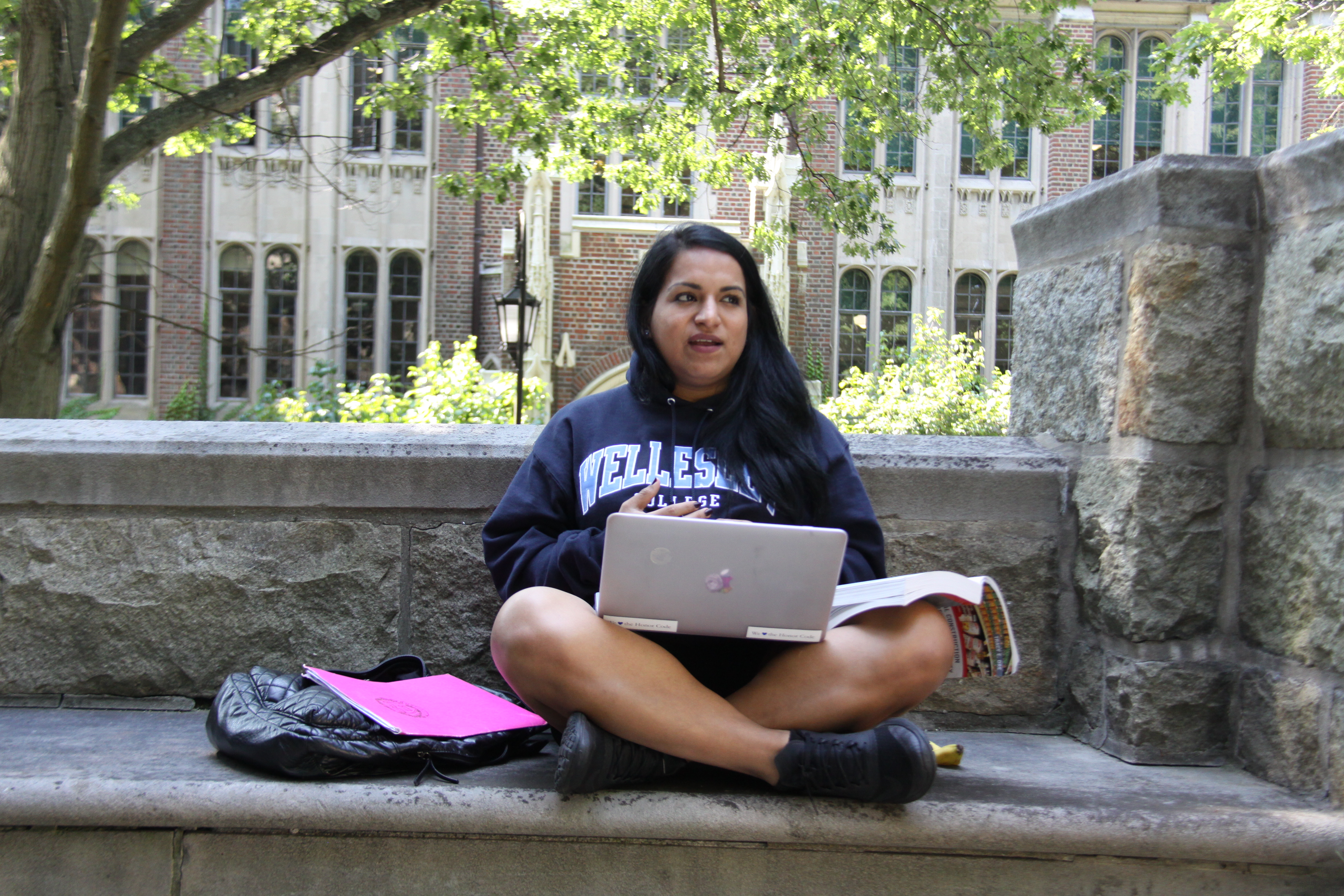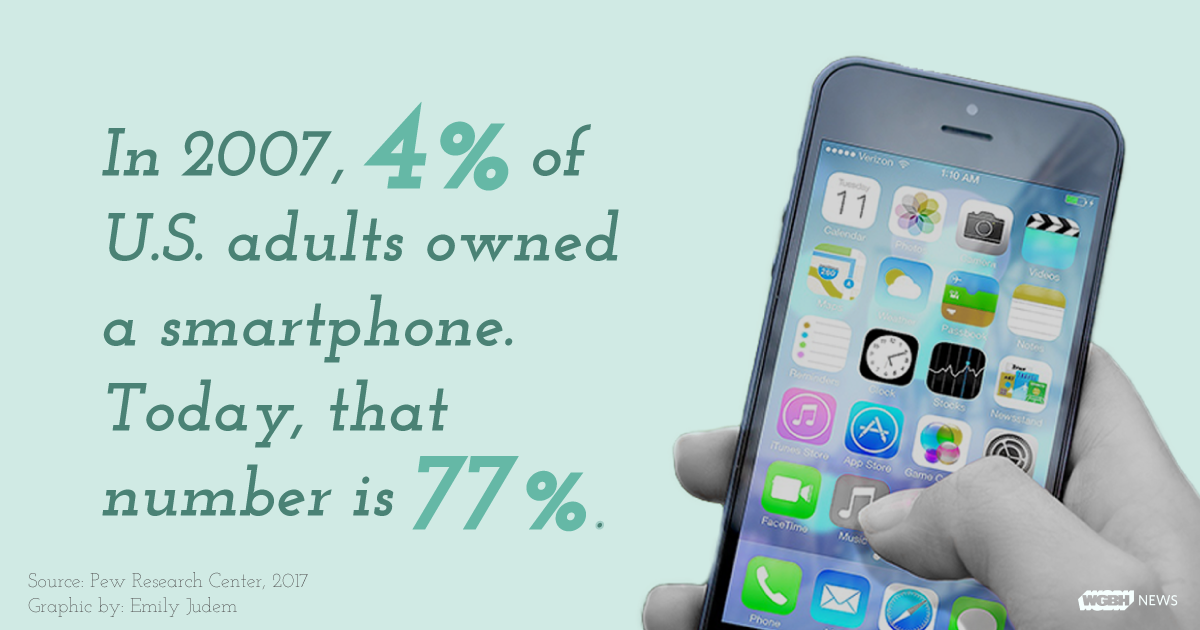higher ed

It's unlike any deal we've seen in the history of higher education. For the first time, a state university is buying a for-profit college.
Earlier this month, a regional accreditor in Indiana approved Purdue University's acquisition of Kaplan University. While Purdue administrators cast this as a move to enroll more adult students, some faculty and outside observers are deeply skeptical.

The percentage of college students in this country who graduate within six years is abysmally low compared to other advanced countries. It hovers around 45 percent.
For Latinos, that figure is less than half of that. Latinos lag far behind blacks and whites in college completion rates, a new study from Georgetown University shows.
As a result, Latinos often find themselves stuck in middle-wage jobs.

Facing dwindling enrollment and financial problems, in the past year three private colleges in New England have merged out of existence.
A new report suggests that even more colleges across the country should merge before they get in financial trouble. But there are some things schools can do to stay afloat.

Protests on college campuses across the country over racial issues continue, and don’t show any signs of letting up.
From the University of Missouri, to Harvard Law School, students are demanding that administrators address racial issues on their campuses.
To get a sense of what it means to be a student living on one of these campuses, WGBH’s Higher Education desk shadowed two students: a black man and a young woman.














